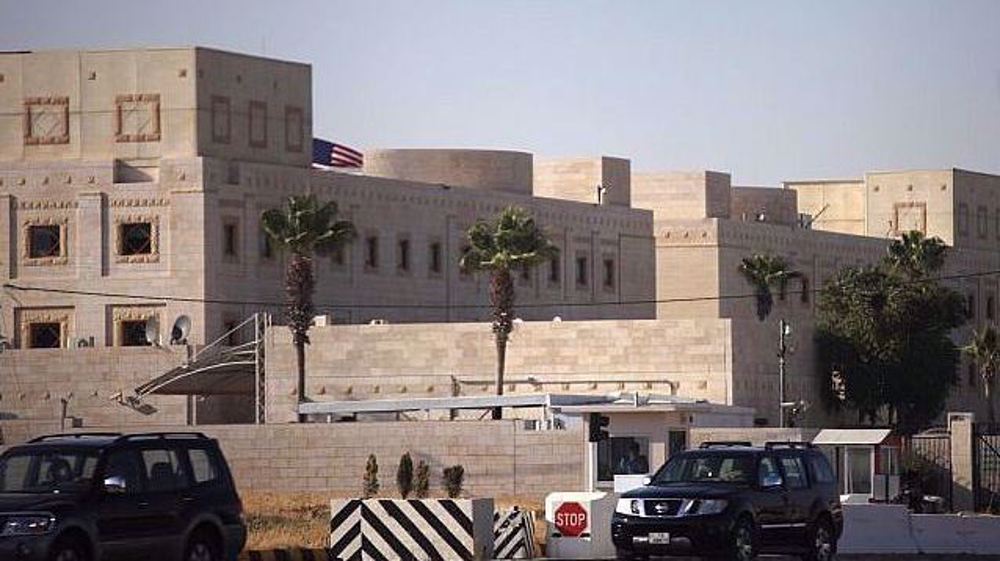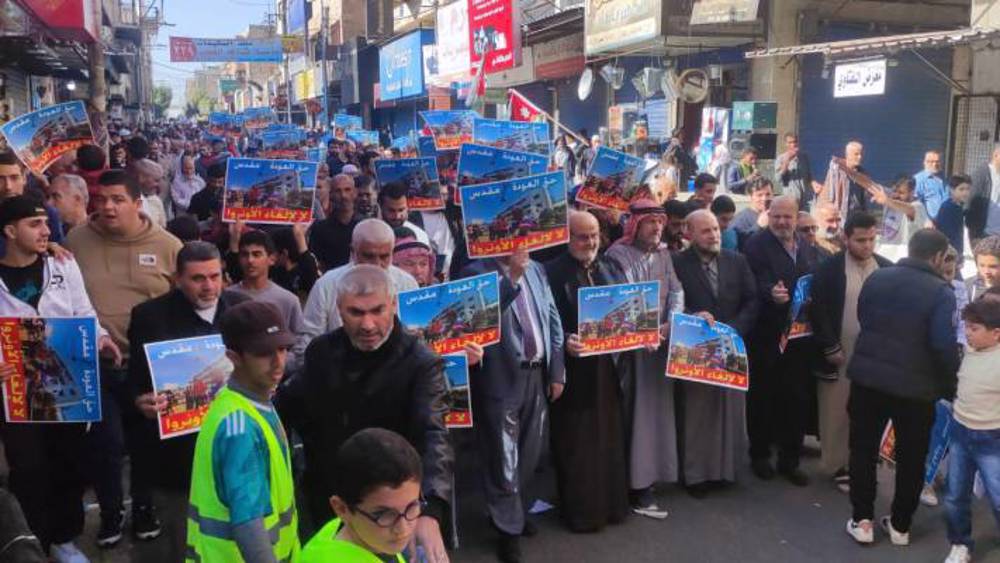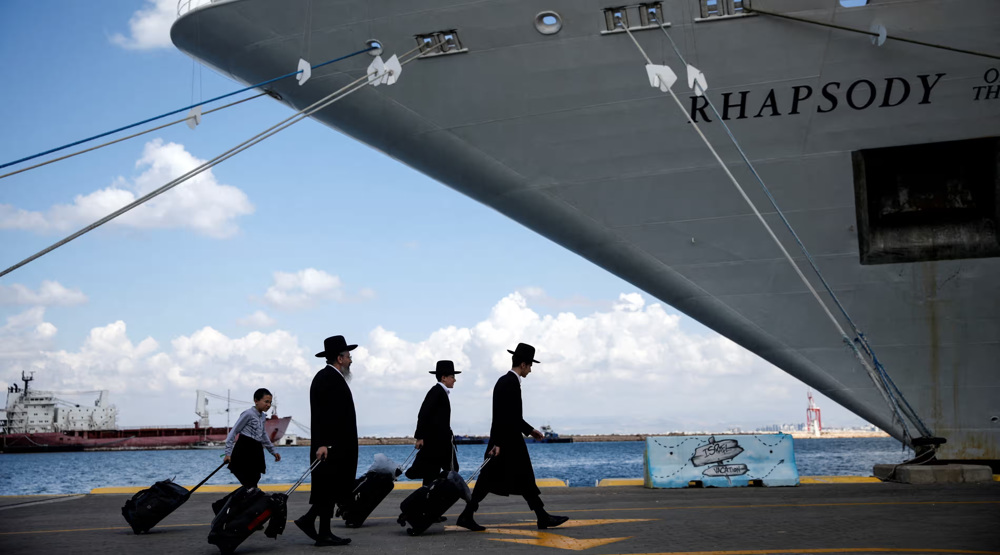Yemeni nation steadfast in supporting Palestinians: Houthi leader
Leader of Yemen's Ansarullah movement Abdul-Malik al-Houthi has described the Yemeni nation’s support for Palestine and Palestinian resistance movements in the face of the Israeli regime’s aggression as “solid and unwavering.”
Houthi said late on Thursday that the Yemenis wholeheartedly love their Palestinian brethren and praise the courageous stands of Palestinian resistance movements, which hail from the core of the society.
He further described popular uprising as the main means to withstand the US and Western support for the Tel Aviv regime.
Houthi also pointed to the sacrifices made by the Lebanese resistance movement Hezbollah, lauding it as an honor for the Muslim ummah.
“The Zionist regime is the common enemy of Islamic nations. It poses a pervasive threat, which we are entitled to confront," he said, adding, "Al-Aqsa Mosque is one of our sanctities and we cannot forget it,” he pointed out.
Houthi’s remarks came ahead of the International Quds Day, which is held annually on the last Friday of the Muslim fasting month of Ramadan as designated by the late founder of the Islamic Republic, Imam Khomeini.

Each year, millions of people around the world stage rallies on the day to voice their support for the Palestinian nation and repeat their call for an end to the Tel Aviv regime’s atrocities and occupation of the Palestinian territories.
The occupied Palestinian territories have been the scene of heightened tensions since August 2015, when Israel imposed restrictions on the entry of Palestinian worshipers into the al-Aqsa Mosque compound in East al-Quds.
Palestinians are angry at increasing violence by Israeli settlers at the al-Aqsa Mosque compound, saying the Tel Aviv regime seeks to change the status quo of the sacred site.
More than 220 Palestinians have lost their lives at the hands of Israeli forces since the beginning of last October.

Israel maintains a defiant stand on the issue of illegal settlements on Palestinian land as it refuses to freeze its land expropriation policies and settlement expansion activities.
Over half a million Israelis live in more than 230 illegal settlements built since the 1967 Israeli occupation of the West Bank, including East al-Quds (Jerusalem). All the Israeli settlements are illegal under international law. However, Tel Aviv has defied calls to stop settlement expansions.
Israel admits assassinating Hamas leader, vows to inflict same fate on Yemeni fighters, people
VIDEO | Yemeni forces repel US-British attack, down F-18 Jet
Iran’s capabilities vast; enemy’s ‘maximum pressure’ policies all failed miserably: Senior official
Iran’s economy grew 2.7% y/y in Sep quarter: CBI
VIDEO | Freelancers in Gaza strive to stay online amid genocide
Mikati demands Israel's withdrawal from south Lebanon
Yemeni army strikes Israeli military sites with drones
‘Clock ticking’: UNRWA slams unjustifiable killing of children in Gaza




















 This makes it easy to access the Press TV website
This makes it easy to access the Press TV website